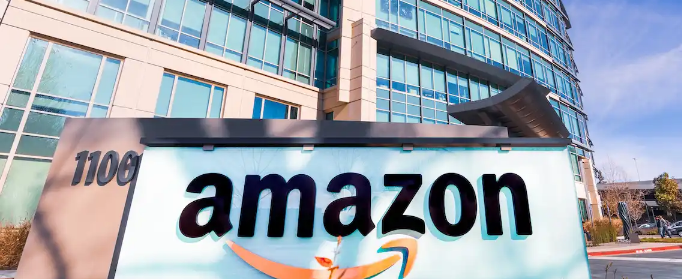Amazon is terminating support for a program that allows users to use Alexa to send healthcare organizations their HIPAA-protected health information.
Voicebot received a statement from an Amazon spokesperson that read: “We regularly review our experiences to ensure we are investing in services that will delight customers. We are continuing to invest heavily in developing healthcare experiences with first and third-party developers, including Alexa Smart Properties for Healthcare.”
The third-party developers previously mentioned making reference to Alexa skills for healthcare that doesn’t collect “individually identifiable health information.” Some abilities or other applications fall under the requirements of the U.S. Health Insurance Portability and Accountability Act due to the personal health information they contain (HIPAA). Even though the law’s name refers to insurance, the rules are more broadly applicable to anybody who gathers or keeps personal health information. As a result, this modification will not influence the majority of healthcare-related skills created by third parties in the United States. People who are affected can still be qualified for the Alexa Smart Properties for Healthcare program run by Amazon.
Read also: Amazon Web Services (AWS) opens its second African office in Lagos
The Only HIPAA-Compliant Voice Assistant
In a constrained developer preview in April 2019, Amazon unveiled its HIPAA-compliant capability for Alexa skills for the first time. At the time, Amazon, Apple, Google, Microsoft, and Samsung were the top producers of general-purpose consumer voice assistants. Only Amazon provided a HIPAA-compliant choice for third-party developers. Alexa’s competitors never attempted to overtake that monopoly position in the market, but cost-cutting measures can occasionally be more brutal than rivals.
Atrium Health, Boston Children’s Hospital, Cigna, Express Scripts, Livongo, and Swedish Health Connect were among the companies whose skills were announced for the program’s launch that day. The Alexa skills store no longer features three of the six. The program at the time allowed applications from outside developers who wanted to participate. If HIPAA-eligible data can be gathered, there won’t be a general-purpose voice assistant for independent developers to use as of next week.
Echoes of Controversial Actions
Although Amazon continues to invest in the ecosystem of third-party Alexa skill developers, the abrupt closure of 3P HIPAA skills reminds us of Google’s statement in June that support for third-party conversational actions would be discontinued. The ramifications were worse because the notice came far earlier than when support would end. For Conversational Actions, Google’s take on Alexa skills, third-party developers are no longer supported. Rather, the firm is concentrating on its first-party, or internally built, capabilities, as well as media and smart home applications.
Amazon is carrying out a similar action. Not all HIPAA support will be discontinued. Only first-party resources can facilitate the development of HIPAA-eligible abilities. Additionally, the Alexa Smart Properties for Healthcare business unit now includes the HIPAA Alexa skill. This model appears to be comparable to those used in other Smart Properties markets, such as hospitality.
Rules For Monetization
The change represents Amazon’s reorientation of Alexa’s investment toward business applications and market niches that potentially enable skill monetization. This area in the consumer market comprises gaming and other subscription-based skills. This is driven for businesses by a combination of subscription and usage fees.
It is important to realize that the move isn’t being made only because these areas aren’t likely to generate much money. Additionally, the change will reduce expenditures and the possibility of data privacy breaches. In part, Amazon is taking these actions to lower its risk exposure and the expenses related to upholding data privacy for some of the less popular healthcare abilities.
Having said that, Amazon must feel that it can make a significant profit in the healthcare industry by working directly with providers and that third-party talents cannot be meaningfully monetized. It’s still early in Alexa’s reorientation. The upcoming weeks will likely see further changes of this nature.
